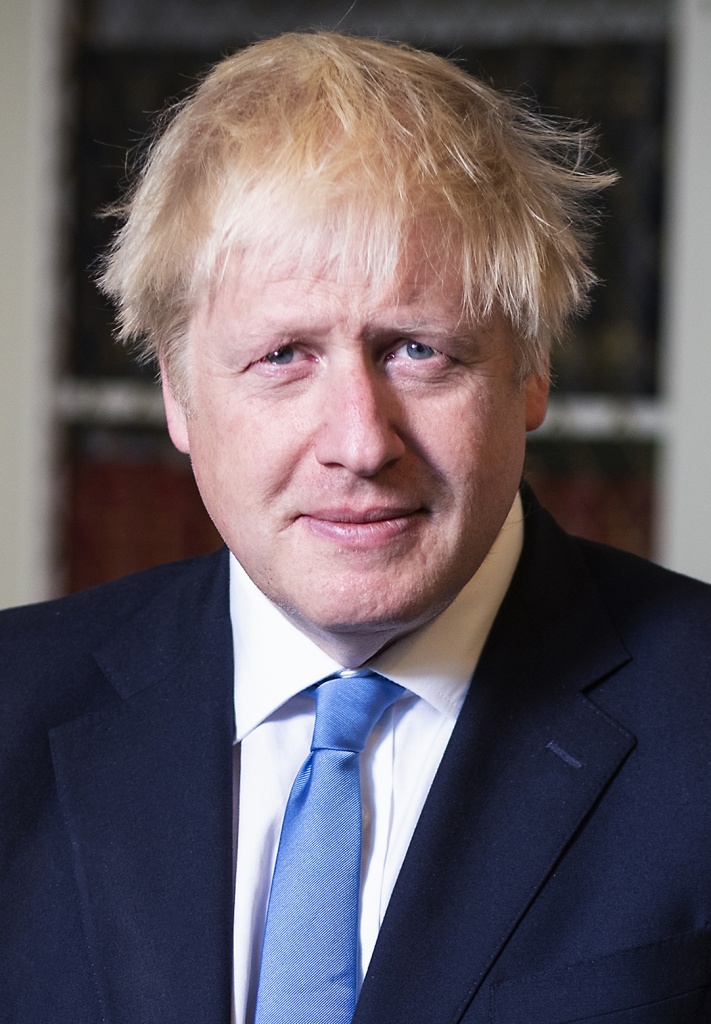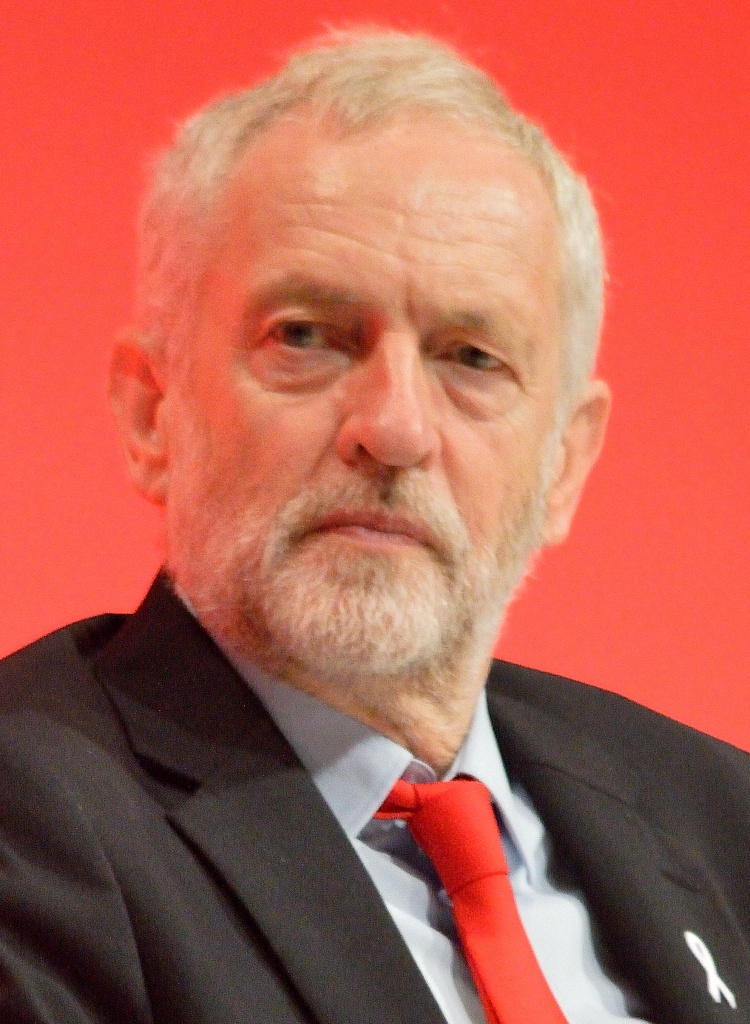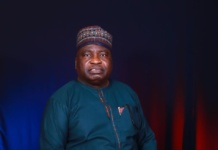
By Ade Sawyerr – John Major refused the temptation to hold a referendum on Europe and it was never even an issue when Blair and Brown were in power, they must have believed the saying, attributed to Margaret Thatcher, that referendums do not decide anything.
What must have tempted David Cameron to put membership of the European Union to a referendum was perhaps the fact that he had won two referendums in a row, Proportional Representation in 2011 and the Scottish Independence in 2014. Having won a majority in the general election of 2015, he was emboldened to think that he could finally lay his Party’s problem with Europe to rest.

23rd June 2016 has become the day that has divided political parties, divided Parliament and is in danger of dividing the people of the UK. A year after a deal was done with Europe by Theresa May and a month after the Boris Johnson deal was initially approved by Parliament, there is still no answer to the question of what type of Brexit the people of Britain want.

Boris Johnson proclaims he has called this election because he wants a majority to allow him to deliver Brexit, the Liberal Democrats want this election because they believe they can win so that they can stop Brexit. The Labour Party say they want this election so that they can put a negotiated Brexit deal back to the people to decide whether to leave with a deal or to remain.
But why should a single issue – Brexit – which has already been decided on by a referendum be decided by a general election? General elections are meant for deciding who runs a country and not a single issue on whether to get out of Europe. My view is that Remain lost because they did not make a compelling enough case in the campaign to the electorate and Leave won not because they made a better case but because those who voted Remain in majority areas failed to win with bigger majorities.
There are more important things that people want in this country and most are clearly fed up with Brexit so the real issue in this election is whether the present government deserves the bigger majority that they are asking for. In my seriously considered opinion, it is unlikely that they will get that majority if previous elections are anything to go by. In a perverse way, we have been inflicted with the European way of governance, coalition government, even as we try to get out of Europe.
Perhaps the only reason that Cameron got a majority in 2015 was because his coalition partner, the Liberal Democrats failed to live up to their promise that they would temper the extremisms of the Conservative Party. They not only shored the government up but also visited austerity to the vulnerable people they promised to protect. They even went further to renege on their own ‘sacred’ policy on education by agreeing to increase university fees. The electorate punished them with both Labour and Conservatives taking seats from them at the election. So when Theresa May tried to get a larger majority in the 2017 election, she ended up governing only with a different type of coalition with the Democratic Unionist Party.
Theresa May failed to deliver Brexit because she did not and consult with Labour and other parties at the start of the process. The late attempt at a cross party approach came too late and even then it was the Conservative European Research Group and the DUP who she was supposed to be in alliance with who eventually blocked any of the options that parliament tried to agree on.
So in my view, the inability of parliament to resolve the entrenched positions is not because politics is broken, it is because politics is changed, and the electorate are crying out for our politicians to negotiate the different shades of opinion on issues and come up with the most optimal solutions that would unite the whole country.
Coalition governments are not such a bad thing because a coalition government forces the parliamentarians to listen more to the electorate and ditch their political ideological views for more pragmatic and practical and sustainable solutions for the country.
The 2016 Brexit referendum was close, it did not deliver a clear enough majority so billing these 2019 elections as a Brexit election again will not deliver the clear majority if the electorate vote along Leave or Remain lines.
But Brexit apart and having settled on my prediction for a hung parliament again let me reflect on what will get my and the vote of other African and Caribbean electorate.
I know that in the same way as in the last election, a Black Manifesto will be published by OBV and I hope that the demands in that manifesto will resonate and endorse some of the policies that will get my vote.
Equality of opportunity continues to be conflated with diversity. This is a multi-ethnic, multi-cultural country and no one, irrespective of their racial heritage, should be denied opportunity. Racial discrimination must be a thing of the past and pejorative statements aimed at certain sections of the community must be called out. Discriminatory policies that are deep rooted in some statutory institutions must be banished. There is nothing unconscious about discrimination, the notion that some institutions are colour-blind is false because voluntary codes have failed to work in most public, private and community institutions. We should support political parties that deal with discrimination head on.
The issue of immigration has come up and will come up again and with Brexit is on our minds it makes sense to re-establish a connection with the Commonwealth and extend free movement of people to them as well. A positive assurance that the toxic and hostile environment that birthed the Windrush scandal must be a thing of the past will get my vote.
Another issue that will get my vote is the issue of international development aid. We must meet and go beyond the 0.07% spend of our GDP on international aid, increasing it to 0.10%. It is a disgrace that we have consistently underachieved on this target. If we are truly ready to do business in Africa and the Caribbean and to do trade deals in those places, then we must adopt a more principled approach to assisting them to achieve their sustainable development goals. An enlightened self-interest policy in education for instance will help them deliver more doctors and nurses in the NHS, more teachers for our schools and more workers in other sections of our public services.
Austerity remains an issue for all disadvantaged people and the party that comes up with the most innovative policies to deal with disadvantaged youth, low income and access to training and the job market, people who have disabilities, older vulnerable people on low pensions will get my vote. There is no reason why an advanced western country cannot deal with austerity. The fifth largest economy in the world must demonstrate its first world affluence by eradicating poverty.
Finally, the party that gets my vote should show that it is improving political representation for ethnic minority people. Our voices must always be heard at the policy level, we can speak for ourselves and share our experiences and expertise. In the words of Samuel Cornish and John Russwurm, the editors of the first black newspaper in America, the Freedom Journal, that was published on March 16, 1827. “We wish to plead our own cause. Too long have others spoken for us. Too long has the publick been deceived by misrepresentations, in things which concern us dearly though in the estimation of some mere trifles”
So, for me this election represents an important watershed in this country and will determine how the UK will manage its new politics of consensus. This is not about giving one party a clear majority, this election is about voting based on the manifestos of the parties and not on the promises made by politicians when they are confronted with difficult questions.
But there is another important reason why I believe that our voices can be heard. OBV have analysed the results of the last election and have compiled a list of 50 seats where the number of BME votes significantly exceeds the majority in the last election. These seats are spread all over the country, in rural as well as in major cities. There are 25 constituencies held by the Conservatives, 20 held by Labour, 3 by the Liberal Democrats and 2 held by Plaid Cymru where BME voters can decide who takes the seat.
So, we must be engaged in order to help shape policy, we must register to vote, we must read the manifestos of each Party and we must vote for the Party whose policies resonate with us. This is not about Brexit, a divorce after 40 years of cohabiting with Europe, this is about the rest of our lives and our children’s lives and the lives of our grandchildren and our descendants yet unborn.
Please vote with your head and your heart.
Ade Sawyerr is a management consultant at Equinox Consulting who works on enterprise, employment and community development issues within the inner city and black and minority communities in Britain. He comments on social, economic and political issues and can be contacted at http://www.equinoxconsulting.net or adesawyerr@gmail.com.
Kindly follow us on twitter:@AfricanVoice2









